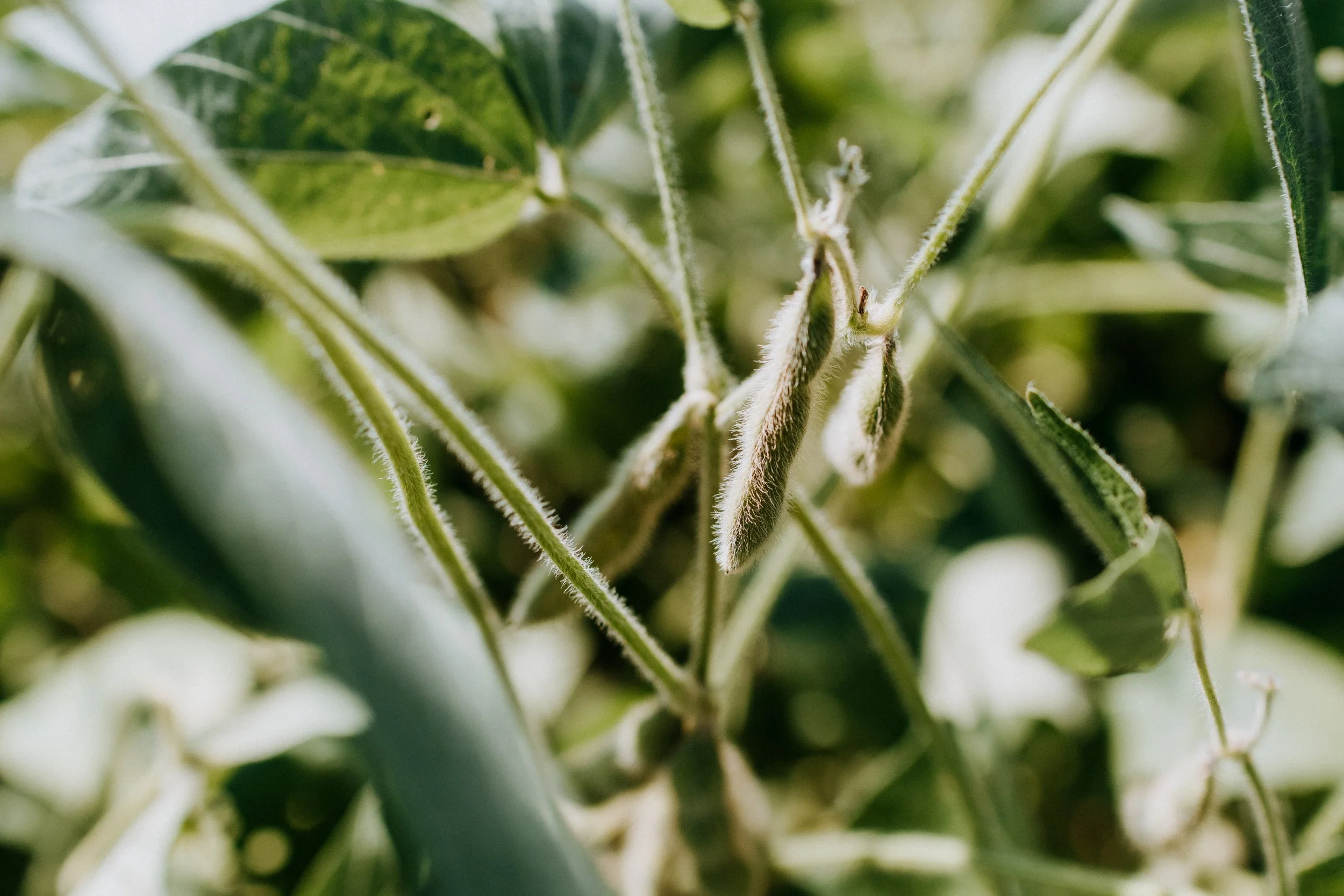SPEC BLOG POST FOR RITUAL
Five Plant-Based Protein Sources
From Ritual’s Journal page: “There are some things better left unsupplemented. It might be weird to admit, but we’re actually all about a ‘food first’ approach.” This spec post conveys that philosophy while providing opportunities for current and prospective health-conscious customers to explore Ritual’s products.
Five Plant-Based Protein Sources
Protein, in addition to a wide variety of vitamins and minerals, is essential to our overall health. It builds and maintains our muscles, and is good for our bones. Protein also helps boost our metabolism and burn fat. The body uses protein to heal itself, and it helps us as we age. Whether you are vegetarian, vegan, or just looking to add some plant-based proteins to your meals, the following sources will help you achieve a more protein-rich diet.
Soy
Soy-based foods, including tofu, edamame, and tempeh, contain all nine essential amino acids present in meat. These help our body use protein to its full advantage. A half cup of tofu provides about 10 grams of protein, with the added benefits of calcium and iron. Tempeh contains even more protein, at about 15 grams per half cup. Try using it as a replacement for meat in some of your favorite recipes. Edamame, which is usually served in its pod, has about 17 grams of protein per cup! Try steaming the pods and sprinkling some sea salt on top.
Quinoa
Quinoa is a gluten-free seed, with a mild flavor similar to brown rice. It provides about eight grams of protein per (cooked) cup, along with fiber, antioxidants, and iron. Versatile in nature, quinoa is a great addition to salads, as a replacement for rice, or in soups. Cook it using vegetable broth instead of water to enhance its flavor, and don’t be afraid to add herbs and spices.
Chickpeas
One cup of canned chickpeas contains about 14.5 grams of protein! They’re also an excellent source of iron, fiber, vitamin B6, magnesium, and calcium. These little nutritional wonders can be enjoyed in salads, roasted with herbs, or pureed in soups. Mash them on some toasted whole-grain bread with vegetables and a drizzle of olive oil for a whole, balanced meal.
Chia Seeds
While a serving of chia seeds is just two and a half tablespoons, their numerous nutritional benefits include 10 grams of fiber, five grams of protein, and healthy, omega-3 fatty acids. Sprinkle chia seeds on anything from salads to yogurt. Add some to your smoothie, or soak them in oat, coconut, or almond milk to make a creamy pudding.
Oats
We all know that oats are great for our hearts due to their fiber content, but they also contain six grams of protein per (cooked) cup. Whether old-fashioned, instant, or steel-cut, oats can be eaten as a meal or added to your favorite baked goods. You can even make a savory oat bowl: try adding avocado, tomato, and your favorite fresh herbs.
Multiple protein sources will ensure that you’re hitting all of those essential amino acids. And you can always try some plant-based, sugar-free protein powders to make those smoothies even more nutritious!
